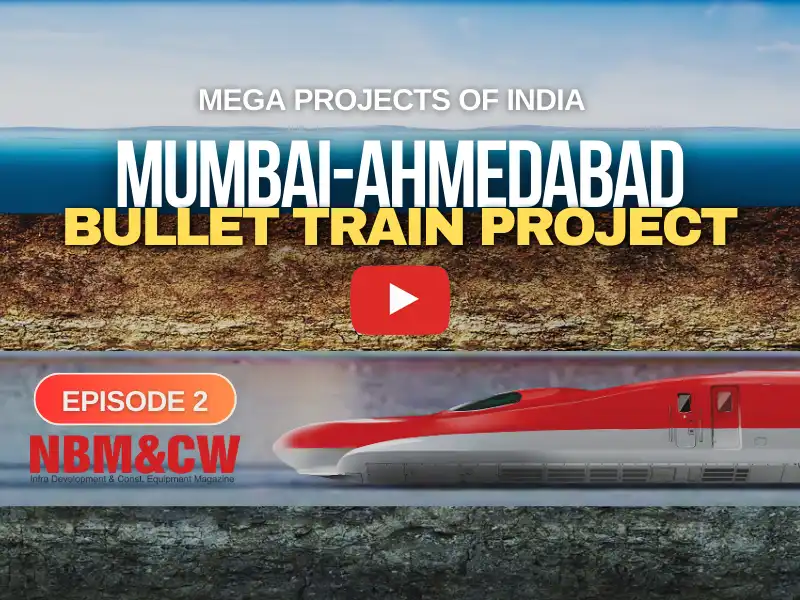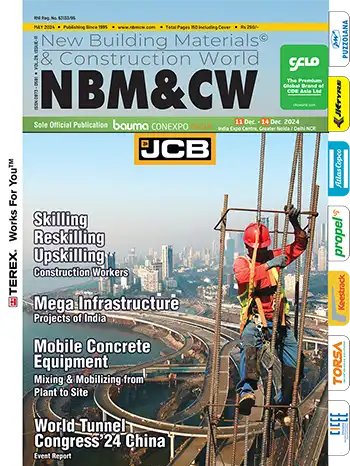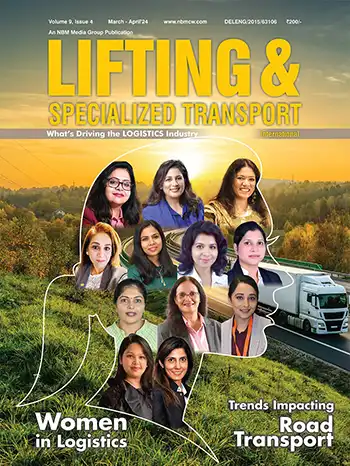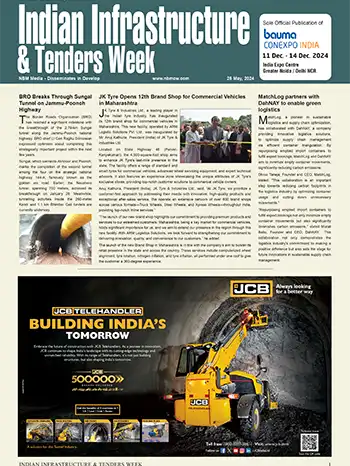Tata Hitachi: Building Operator Expertise Through Training & Innovation
Skill shortages in the infra construction sector have a significant impact on project timelines, costs, and overall project success. Project timelines for all construction companies are crucial and shortage of skillset amongst the workers can lead to delays, which can result in project phases taking longer than anticipated, leading to potential penalties for missed deadlines.
Skill shortages often drive up the workforce costs as construction companies compete for a limited pool of skilled workers. Higher labour costs can significantly impact project budgets, leading to cost overruns, and thereby reduced profitability. Additionally, delays caused by skill shortages can result in additional expenses such as extended project durations, increased equipment rental costs, and penalties for late delivery.
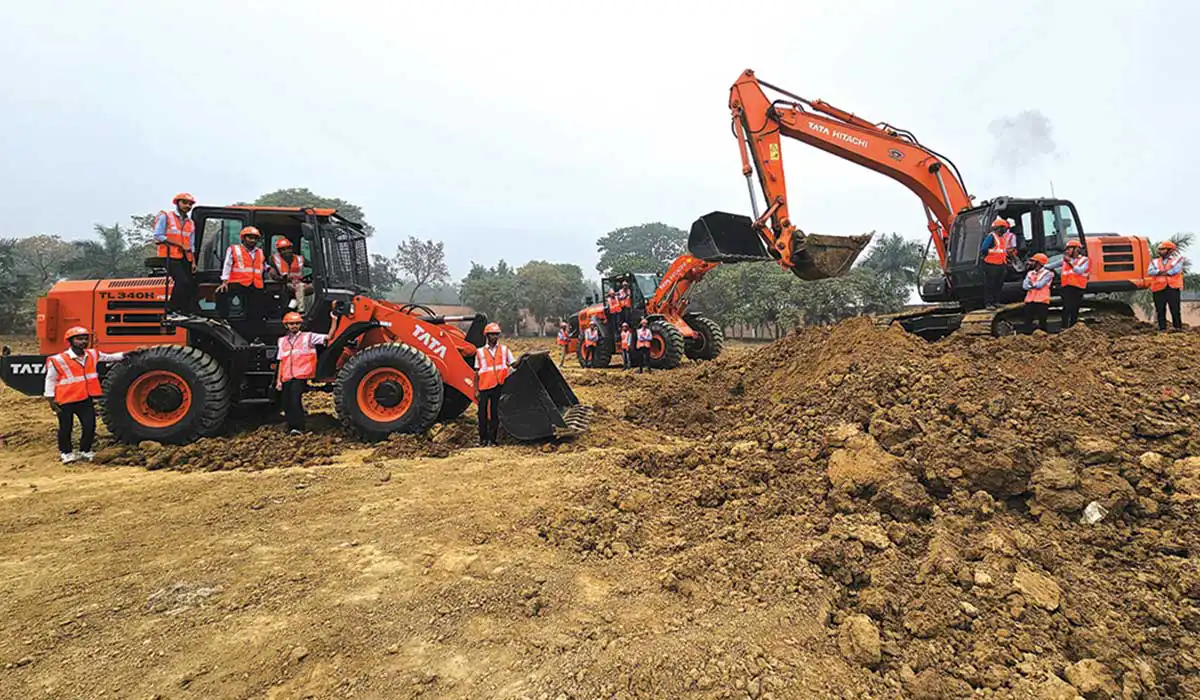
Skill shortages can undermine the overall success of construction projects by compromising quality, safety, and client satisfaction: Inexperienced or underqualified workers may make mistakes or take longer to complete tasks, leading to lower-quality workmanship and potential rework. Moreover, skill shortages can strain project teams, leading to increased stress, morale issues, and turnover, which further exacerbate project challenges.
In summary, skill shortages in the construction industry can have unfavourable effects on project timelines, costs, and overall success. Addressing these shortages through workforce development initiatives, training programs, and recruitment efforts is essential to mitigate these challenges and ensure the successful execution of construction projects.
Addressing the skill shortage in India requires concerted efforts from both the government and industry: Many regions in India lack access to quality education and vocational training programs that equip individuals with the skills needed for the construction industry. The government and industry are working hard to expand and enhance training facilities, curriculum development, and certification programs to ensure that workers receive relevant and high-quality training. There are Operator Training Programmes with different modules, with most of them based on the QPs of the IESC. (QP = Qualification Pack; IESC = Infrastructure Equipment Skill Council) and there are programmes based on customer requirements. The programmes can be broadly divided into: Training for youth who are aspiring to become employable as operators; Training for existing operators; and Recognition of Prior Learning Programme that basically certifies existing operators after assessing their skill and knowledge.
Safety is given the utmost priority in these training programmes wherein the schedule includes both theory classes and practical sessions. Trainees can learn about safe operating practises, operation optimisation for improved productivity, basic knowledge of the equipment they are learning to operate, basic troubleshooting, and best maintenance practises for the upkeep of the equipment and reduction in equipment downtime. The course thus ensures that the operators learn to operate safely, minimise wear and tear on the equipment, and give optimum output.
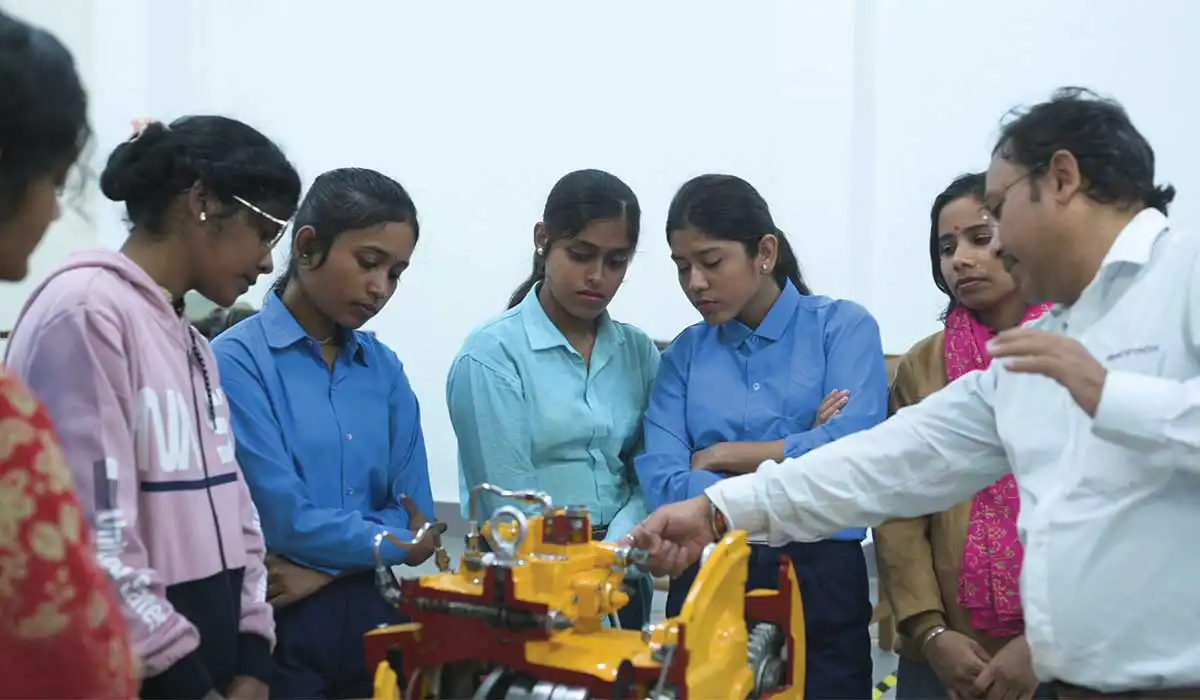
Investment in technology and innovation can help improve productivity, efficiency, and safety in the construction industry: The government and industry should invest in research and development, promote the adoption of modern construction techniques and tools, and provide training on emerging technologies to enhance the skill set of the workforce.
Also, many skilled workers in India are unwilling to relocate to areas with high demand for construction labour due to factors such as housing affordability, cultural differences, and lack of social infrastructure. The government and industry must work together to address these barriers by improving access to affordable housing, healthcare, and educational facilities in construction hub regions.
By addressing these key challenges through coordinated efforts, the government and industry can effectively overcome the skill shortage in India's construction sector, ensuring a skilled and competent workforce to support the country's infrastructure development goals.
Several skill sets are currently in high demand due to rapid technological advancements: Some of the key skill sets include: technical proficiency with strong technical skills that are essential for operating and maintaining advanced construction equipment effectively. This includes knowledge of equipment operation, maintenance procedures, troubleshooting techniques, and safety protocols.
Digital literacy is becoming increasingly important. With the integration of digital technologies into construction equipment, operators and technicians need to be proficient in using digital interfaces, diagnostic tools, telematics systems, and other technology-enabled features of modern construction machinery.
With advancements in safety technologies and regulatory requirements, skills in safety management, risk assessment, and compliance with industry standards are critical for ensuring safe and compliant operation of construction equipment.
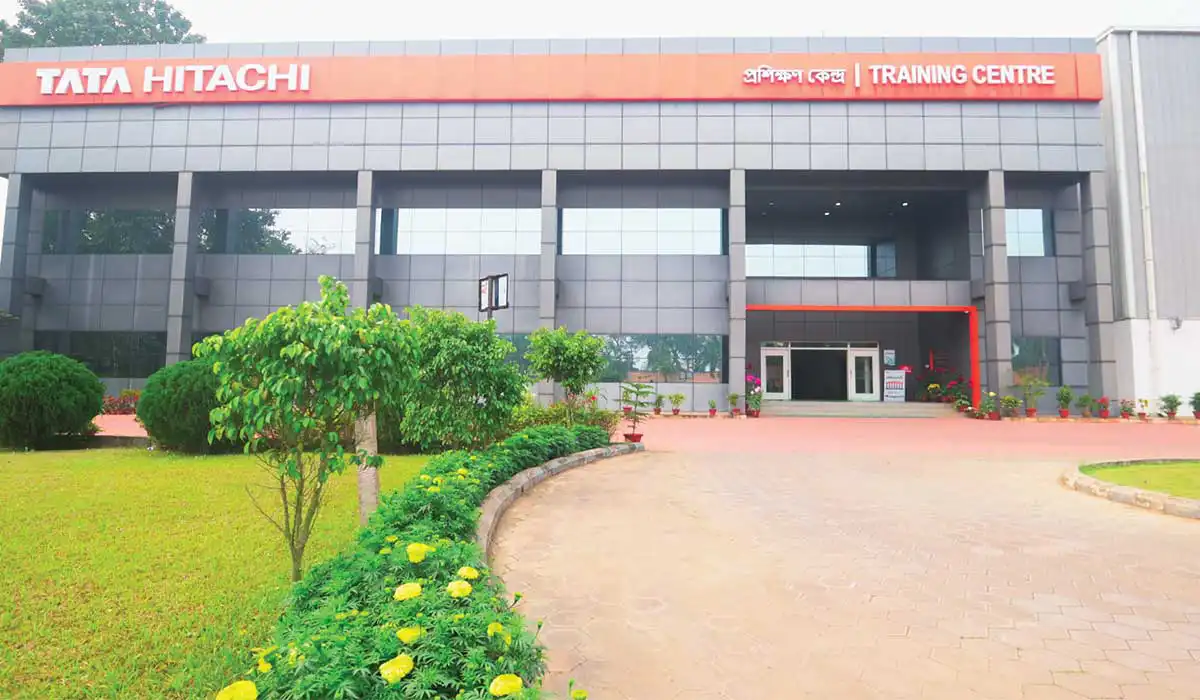
With growing emphasis on environmental sustainability, skills in eco-friendly construction practices, energy-efficient equipment operation, and emissions reduction technologies are becoming increasingly important in the construction equipment industry.
These skill sets reflect the evolving nature of the construction equipment industry and the increasing demand for a highly skilled workforce capable of leveraging advanced technologies to drive productivity, efficiency, and sustainability in construction operations.
At Tata Hitachi, we value the contribution of operators to our organisation’s growth: As an initiative, we partner with our dealers to increase the number of our operator training centres to create more employment opportunities across India. Tata Hitachi runs operator training schools in Dharwad and Kharagpur, and we also provide training at mining job sites. These programmes are accredited with IESC, to ensure the availability of trained operators for customers.
After the training, the trainees are deployed for on-the-job training at work sites. This goes a long way towards enabling them to augment their acquired skills with real-world experience. Tata Hitachi is in the process of partnering with customers as well to provide job opportunities for trainees.
The current training program for machine operators aims to provide comprehensive knowledge on various aspects related to machines like mechanicals, hydraulics, and electricals. In the coming years, knowledge on the use of telematics and the advantage of connected machines will also be provided, so that the site efficiency and productivity can be maximized by the operators, benefiting both operators and customers.
NBM&CW - May 2024









